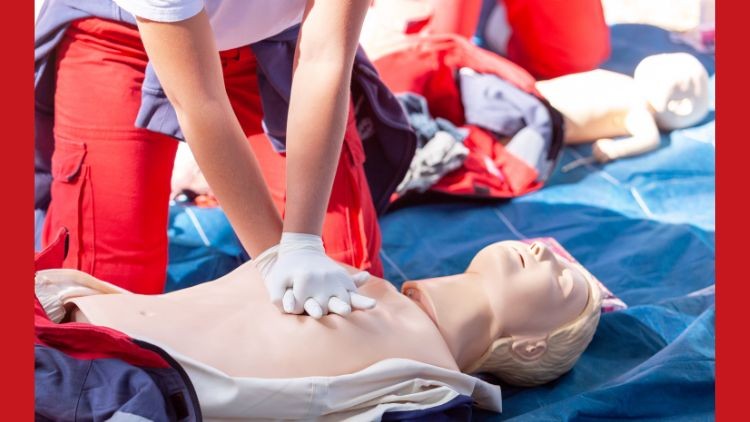Description
This course provides an overview of common mental health disorders, including depression, anxiety, bipolar disorder, schizophrenia, and personality disorders. You’ll learn about the symptoms, causes, and treatments for each condition, with insights into the biological, psychological, and social factors that contribute to mental health challenges. The course also discusses stigma, early intervention, and the importance of professional support for individuals struggling with mental health issues. By understanding the complexities of mental health, you’ll gain the empathy and knowledge needed to support others and foster a more informed perspective on mental well-being. Ideal for those interested in psychology, healthcare, or social work, this course is an excellent starting point for anyone looking to deepen their understanding of mental health.






Olaitan –
“This online course has been an invaluable resource for me in understanding and navigating the complexities of mental health disorders. The expert instructors provided clear, concise, and evidence-based information, which has helped me to develop a deeper comprehension of various mental health conditions, their symptoms, and available treatments. The interactive modules, case studies, and discussion forums fostered a supportive and engaging learning environment, allowing me to connect with other learners and share our experiences. I highly recommend this course to anyone seeking to enhance their knowledge of mental health, whether for personal growth or professional development.”
Chigozie –
“This course has been an invaluable resource in my pursuit of mental health knowledge. The content is comprehensive, covering a wide range of disorders, and it is presented in a clear and relatable manner. The online format allowed me to learn at my own pace and revisit modules as needed. The interactive exercises and case studies provided practical applications of the concepts learned, enhancing my understanding and retention. I highly recommend this course to anyone seeking a deeper understanding of mental health disorders and their impact on individuals and society.”
Bolanle –
“This course has been a transformative experience for me. It has helped me to gain a deeper understanding of the complexities of mental health disorders, challenging common misconceptions and providing invaluable insights into the experiences of those affected. The well-structured lessons and interactive exercises have made the learning process both engaging and accessible. I highly recommend this course to anyone seeking to enhance their knowledge and empathy in the field of mental health.”
Segun –
“I highly recommend this course to anyone seeking a deeper understanding of mental health disorders. The content is comprehensive, engaging, and presented in a relatable manner. The instructors’ expertise and insights were invaluable. Through interactive exercises and case studies, I gained practical knowledge and empathy for individuals affected by these conditions. This course has not only expanded my understanding but also empowered me to approach discussions about mental health with confidence and compassion.”
Nkiru –
“This online course has been an incredible resource for me. I’ve always been interested in mental health, but I’ve never had the opportunity to learn about it in-depth. This course has given me a comprehensive understanding of different mental health disorders, their symptoms, and treatment options. The materials are well-organized and presented in a clear and concise way. I’ve learned so much and I’m confident that I can apply this knowledge in my personal life and professional career.”